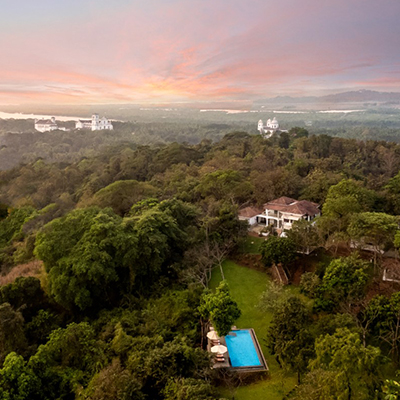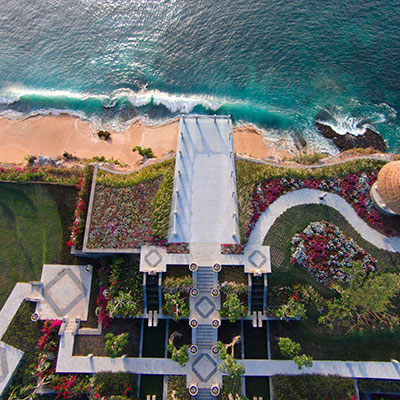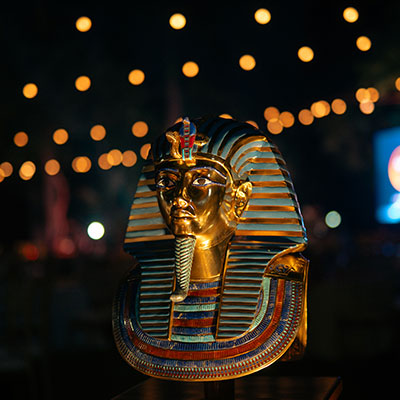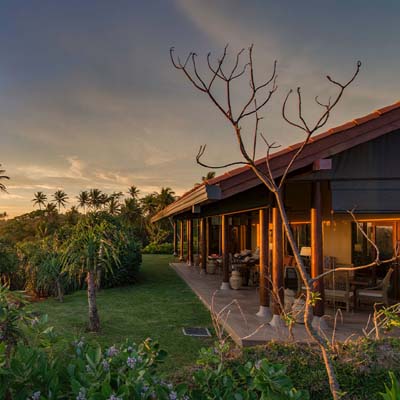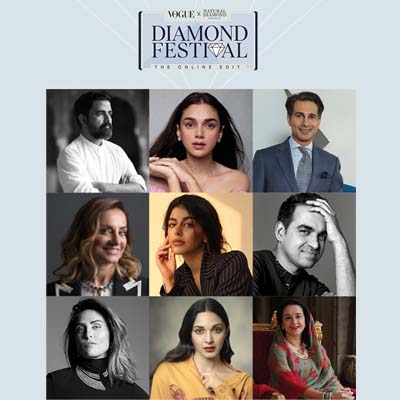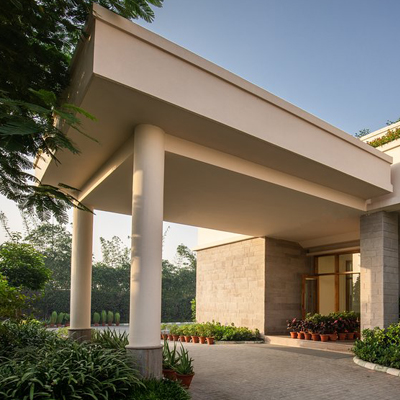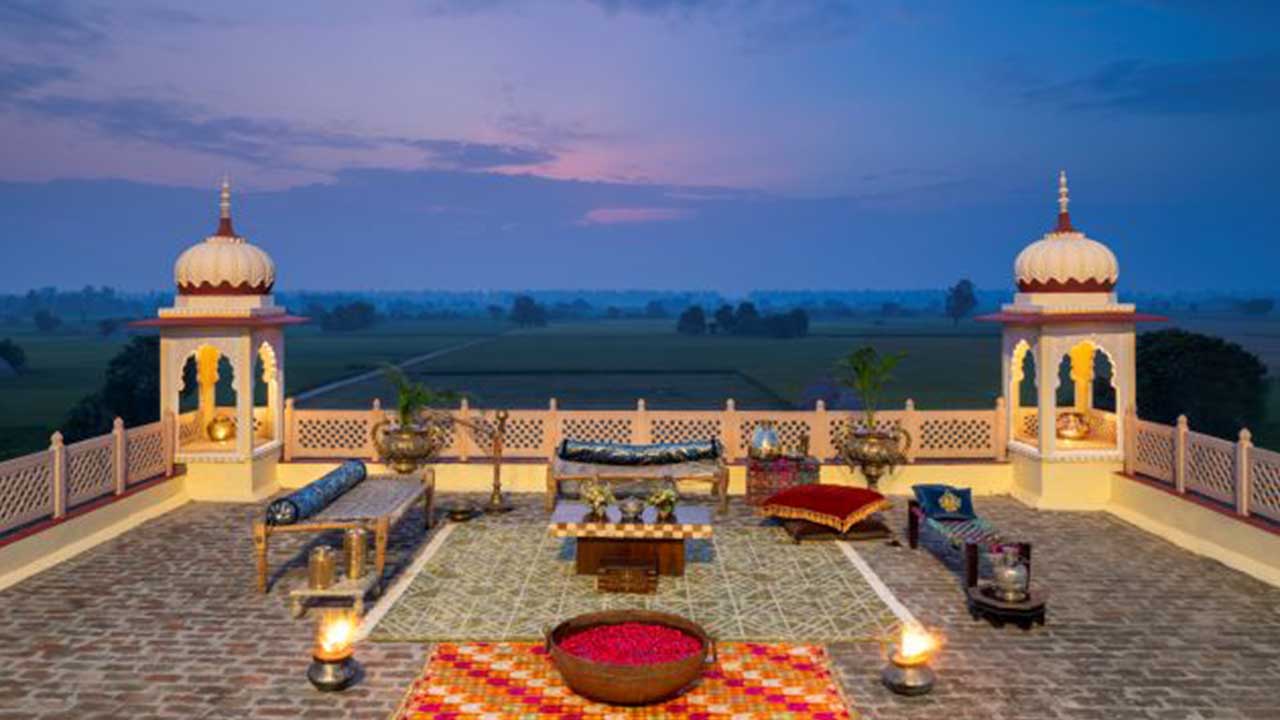
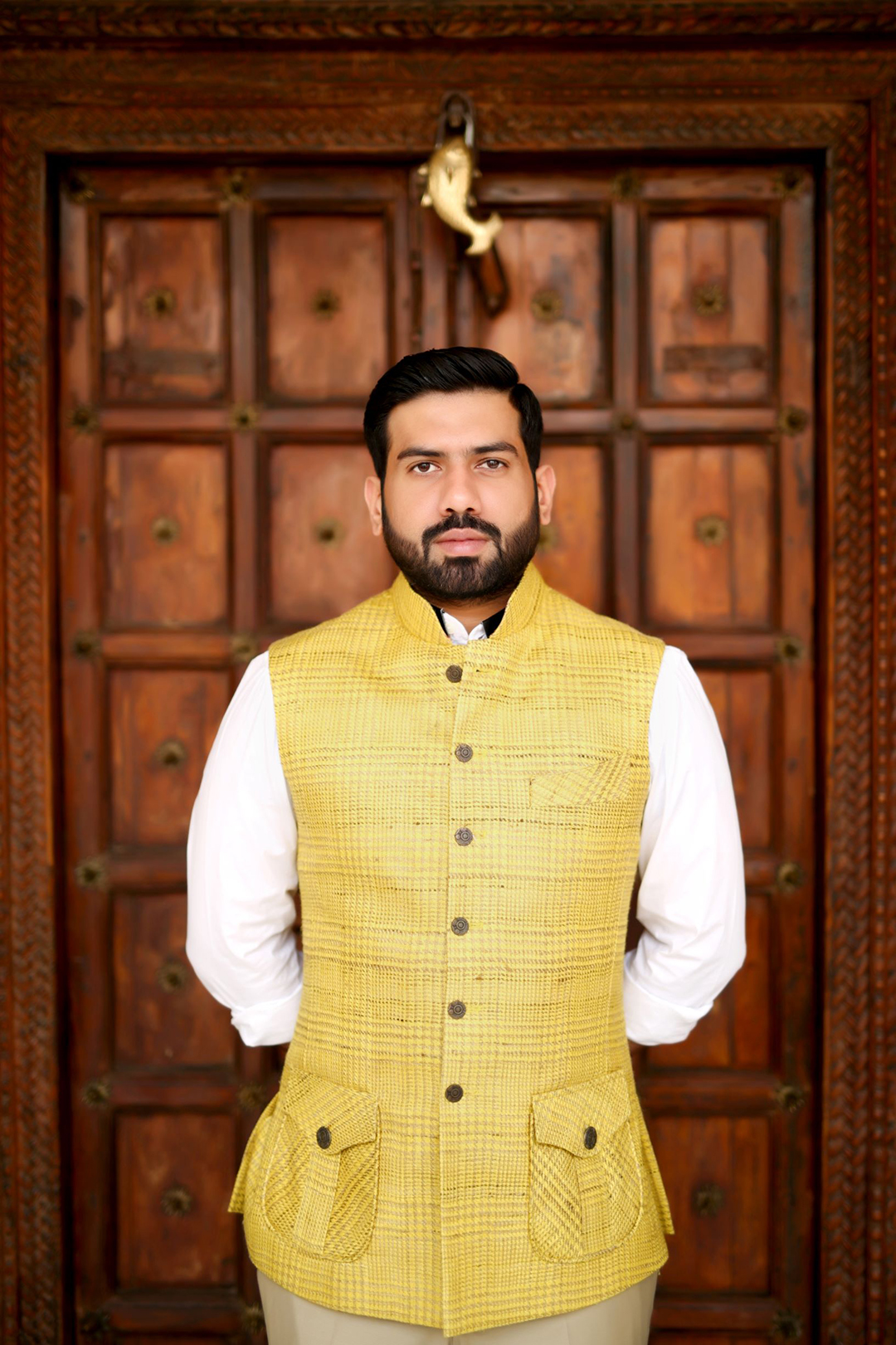
The travel aspirations of India’s elite have contributed to a remarkable surge in luxury & heritage travel. As per the fiscal year 2024 data, overseas travel expenditure has skyrocketed, revealing the change in spending habits and preferences of Indian travellers. The heritage tourism market has witnessed unprecedented growth and it is anticipated to reach $843.5 billion by 2033. This increase represents how the elites are inclined towards luxury and heritage travel. And it has also been fueled by rising disposable incomes and a burgeoning middle class, who have the zeal to explore the world. Heritage sites and hotels such as Noormahal Palace (Karnal), Rajasthali (Jaipur), Jewel of Nizam (Hyderabad) and many more have created this heritage and luxury travel boom. Attracting travellers from all around the world is also making a wave of Indian cuisines and heritages globally.
The evolving preferences of India’s affluent travellers may set new industry trends. They are drawn towards destinations offering luxurious, calming, and one-of-a-kind travel experiences. London is one of the top most preferences for Indian travellers travelling abroad. New Zealand, France, Switzerland, Spain and Australia are also among the top preferences of travellers amongst medium-haul destinations. Luxury accommodation, fine dining, and exclusive tours are what they are seeking. However, those looking for premium travel experiences along with heritage prefer domestic heritage destinations rather than international ones. These patterns are now redefining the meaning of travel in India.
Indian travellers are embracing a luxurious approach to their journeys, increasingly prioritizing experiences over mere destinations.
With the rise in luxury spending, a new segment of luxury travellers has emerged: Venture Travelers. These individuals view travel as an opportunity to expand their businesses and networks, transforming high-end leisure experiences into strategic business meetings. They prefer destination choices that offer luxurious amenities and an atmosphere conducive to professional engagements. Another notable group is the “Experience Connoisseurs,” composed of millennial travellers who seek immersive cultural experiences. They are eager to explore nature, local traditions, and cuisine. Their top priorities include personal growth, sustainability, and ethical tourism. Then comes the “Timeless Adventurer,” a group of travellers aged over 65. They look for places to visit before they become popular. They appreciate real experiences and deep connections with the culture during their trips.
Indian travellers are embracing a luxurious approach to their journeys, increasingly prioritizing experiences over mere destinations. Millennials and Gen Z are blending adventures along with their interests and passions. Apart from this, one of the most intriguing trends emerging in the luxury travel space is “sleep tourism.” It is a concept of travel which revolves around relaxation, and wellness through luxurious offerings such as rejuvenating spa treatments, serene yoga sessions, and refreshing swimming experiences. Focusing on health and wellbeing, this trend reflects a need for rest and replenishment as a central part of travel. Heritage hotels in India are becoming the first in the traveller’s priority list because of the serene views and luxury accommodations.
From London, Saudi Arabia to Switzerland and Singapore, today, nearly every destination and hotel industry abroad is targeting the Indian market by adding accommodations, cuisines and travel preferences catering to Indian travellers.
The per capita expenditure of Indian travellers has experienced a significant rise, reflecting a growing willingness to invest in a range of experiences such as comfortable hotel accommodations, shopping sprees, and exquisite dining options. When it comes to luxury vacations in popular destinations like Singapore, Dubai, Thailand, and Bali, Indian travellers can expect to spend anywhere from USD 400 up to 800 or even more per person each day, showcasing their desire for memorable and lavish travel experiences.
Countries worldwide are focusing extensively on the Indian travel market with the continuous growth in India’s luxury travel market. From London, Saudi Arabia to Switzerland and Singapore, today, nearly every destination and hotel industry abroad is targeting the Indian market by adding accommodations, cuisines and travel preferences catering to Indian travellers. This highlights the influence of Indian elites in the global luxury travel industry. Not only this but Indian cuisines and culinary experiences are also being provided abroad inspired from India’s heritage is also attracting Indian luxury travellers. As per the survey by Agoda, Indian travellers have shown the most rapid increase in searches for international travel as compared to all other markets worldwide. Better air connectivity and burgeoning incomes have created a significant boom in the travel industry beyond metros to smaller cities in India.
The rise in India’s luxury and heritage travel is a witness to the nation’s transforming socio-economic landscape and how elites and Indian travellers are spending in style. It is anticipated that the luxury travel market is poised to see a robust growth trajectory in the coming years. This will further open doors of new opportunities for both travellers and destinations respectively.
The author is Executive Director, Noormahal Group & Founder of Colonel Saab, London.





